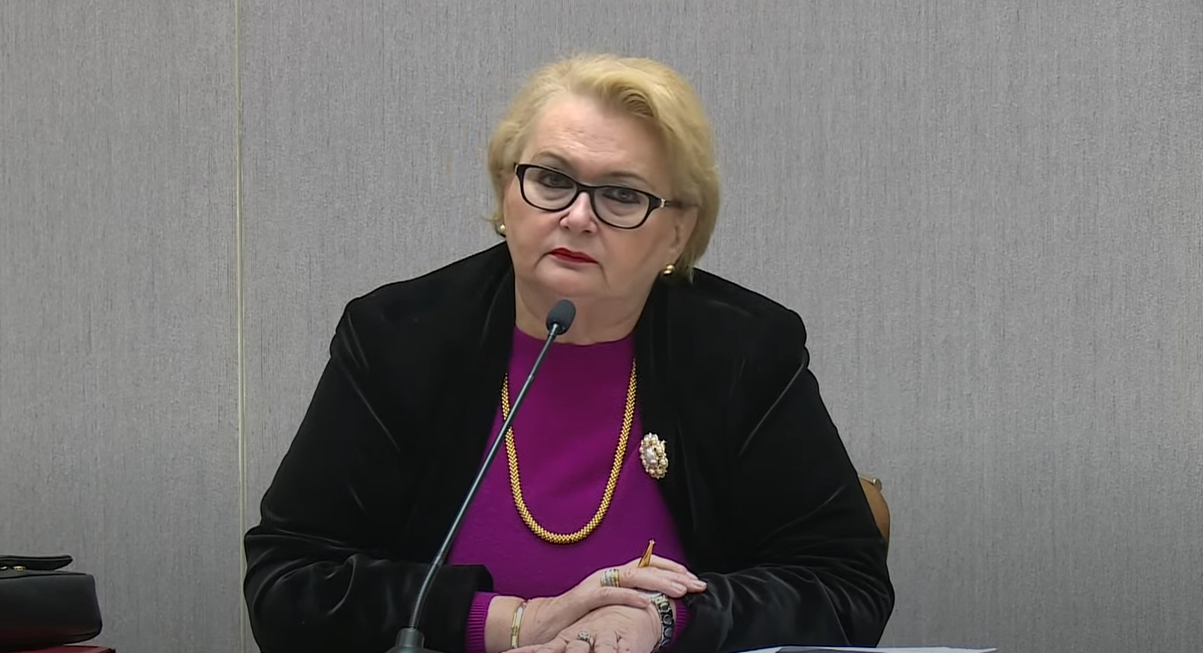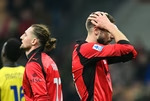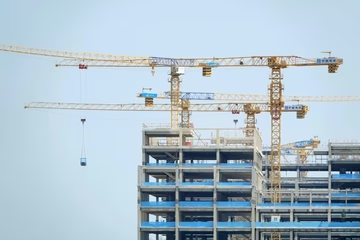Bosnia's FM condemns Orban's statements on BiH Muslims in letter to EU High Rep

Bosnia’s Foreign Affairs Minister, Bisera Turkovic, wrote to EU High Representative Josep Borrell regarding recent statements Hungary’s Prime Minister, Viktor Orban, made regarding the integration of Bosnia’s Muslim population in the EU.
Oglas
Turkovic was referring to the Orban’s statements from a December 21 press conference at the Carmelite Monastery, in which he argued that integrating Bosnia and its two million Muslims in the EU represents a security issue.
“The statement of Prime Minister Orban at the conference introduces the issue of the religious affiliation of a part of the population of Bosnia and Herzegovina as a challenge or problem in the process of Bosnia and Herzegovina's integration into the European Union,” Turkovic wrote, adding that this has caused “great concern and fear among the citizens of Bosnia and Herzegovina.”
She noted that BiH has on February 15, 2016, applied for EU membership and that on December 10, 2019, the EU Council adopted conclusions on the Commission's opinion on the application in which the Commission identified 14 key priorities the country must achieve to open EU accession negotiations.
“None of those 14 priorities and none of the fundamental European criteria, principles, and achievements of the European Union, covers or treats the issue of the religious affiliation of anyone, not even the citizens of Bosnia and Herzegovina,” Turkovic stressed.
“The political positions behind such statements threaten to undermine not only the strength and role of the European Union in Bosnia and Herzegovina but also the idea of Europe as a progressive, democratic, and open environment that respects human rights, humanity, and the values of everyone,” she added.
“If, indeed, there has been a change in European and enlargement policies in the direction of what Prime Minister Orban is saying and if religious diversity is now taken into account in the process of European integration we ask that this be registered openly, transparently, and officially. Bosnia and Herzegovina has over the millennia existed as a multi-ethnic, and multi-confessional country and it is important that any policy change by the European Union on this issue is communicated to the citizens of Bosnia and Herzegovina, as well as other countries that are in the process of integration.”
Turkovic argued that BiH is key to stability in the Balkans.
“A world in which political power, religious affiliation, race or ethnic background defines individual and collective rights is a world of injustice, violence, apartheid and crime. The Europe that we know and to which we geographically and spiritually belong has stood against such policy. We hope that it will continue to do so,” her letter concluded.
Kakvo je tvoje mišljenje o ovome?
Učestvuj u diskusiji ili pročitaj komentare
Oglas
Kakvo je tvoje mišljenje o ovome?
Učestvuj u diskusiji ili pročitaj komentare
Oglas





 Srbija
Srbija
 Hrvatska
Hrvatska
 Slovenija
Slovenija



























































